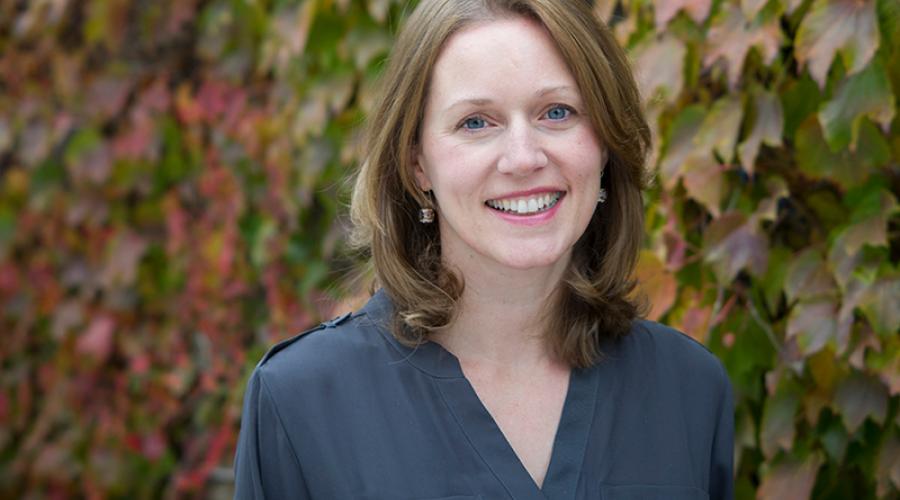
Gauging Influence
Face your fears. Make that request.
Chances are good you’ll get what you want.
In study after study during the past 10 years, research by Associate Professor Vanessa Bohns finds that we underestimate our influence over others.
Why?
It makes us stressed and fearful to court even the possibility of rejection, Bohns said. In fact, we are so focused on our own fear of rejection that we fail to recognize just how rare it is.
Bohns and social science colleagues have conducted studies in which participants asked more than 14,000 people to share their cell phones, write “pickle” in what they were told was a library book or donate to a charity.
In most cases, those asked were compliant.
Why? (Hint: stress is at work on both ends of the request.)
“Fear of social awkwardness.” The embarrassment and guilt that would result from saying “no” makes it easier to say “yes,” Bohns said in an interview.
That’s why 64 percent of the approximately 100 people invited to write “pickle” in what they were told was a library book (it was not) went ahead and penned “pickle.” Those making the asks underestimated their success, predicting a compliance rate of 28 percent.
Bohns, who fell in love with research while working at a sleep laboratory at Brown University, knows how painful making requests of strangers can be.
As a doctoral student at Columbia University, she collected data for one of her first research projects by asking random passersby in New York City’s Penn Station to fill out a survey.
“It was so awful. I would dread it,” she said.
No wonder people often choose to make requests over email, rather than suffer the fear of rejection in person. In fact, the mode by which we attempt to persuade has emerged as a recent research focus for Bohns.
This year, in the Journal of Experimental Social Psychology, she published research with Mahdi Roghanizad of Western University that shows people tend to overestimate the power of their persuasiveness via email and underestimate the level of their face-to-face persuasiveness.
The researchers asked 45 participants to approach 10 strangers each to complete a brief survey.
Half made their requests over email and the other half made in-person asks. Face-to-face requests were 34 times more effective than emailed requests.
Another study, Bohns said, showed that nonverbal cues legitimized requests for those on the receiving end, yet requesters did not anticipate this.
The takeaway, Bohns said, is that text-based messaging might be an inferior communication vehicle.
Bohns’ is currently exploring the power dynamics of romantic requests in the workplace, as well as the difficulties of saying “no” to requests to search one’s private information, such as one’s cell phone.


